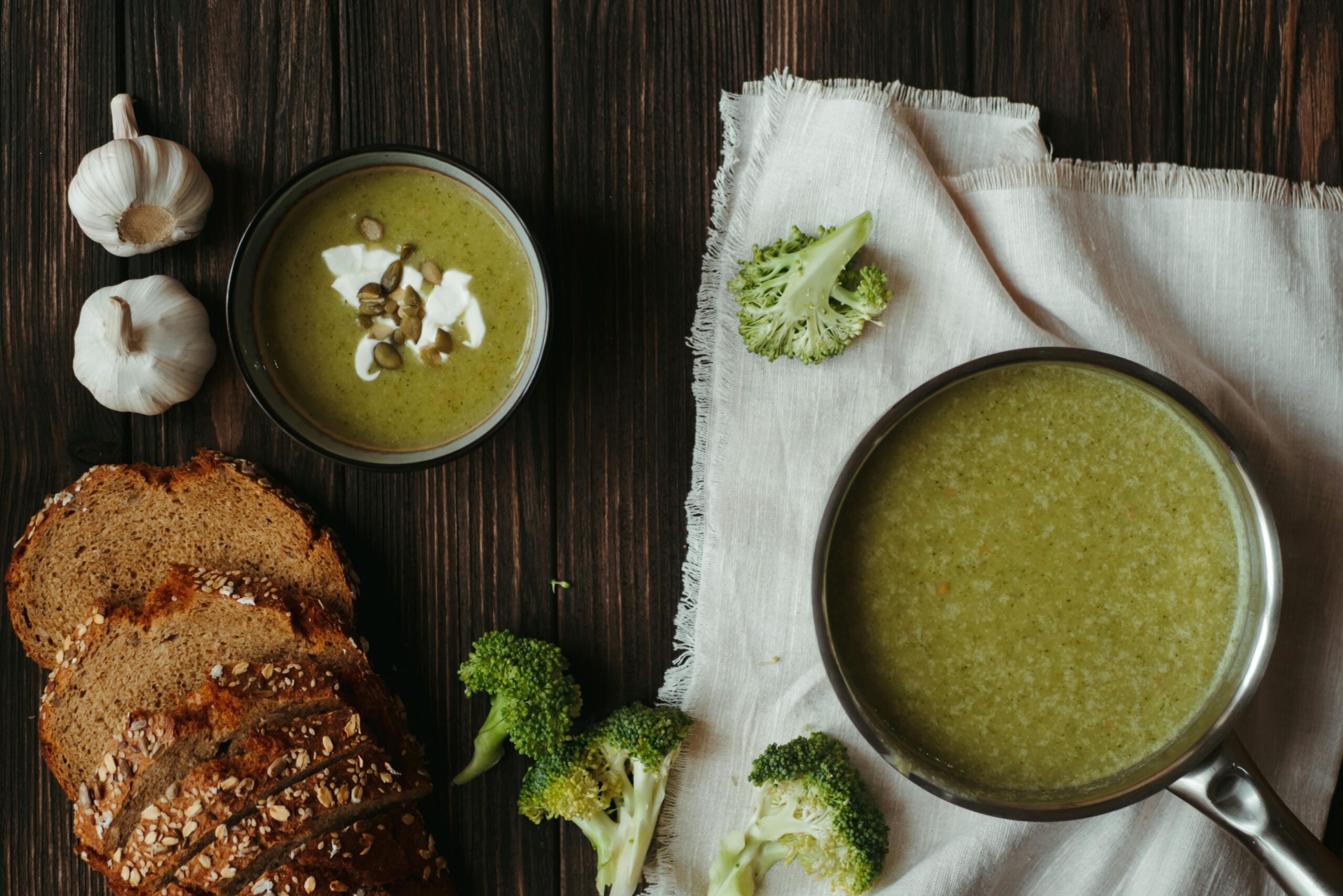
Introduction
In recent years, there has been a growing recognition of the crucial role that gut health plays in overall well-being. The gut, often referred to as the “second brain,” is home to trillions of bacteria known as the gut microbiome, which plays a vital role in digestion, immunity, and even mood regulation.
The Gut Microbiome
The gut microbiome refers to the complex community of microorganisms residing in the gastrointestinal tract. This includes bacteria, viruses, fungi, and other microbes. These microorganisms play a fundamental role in various physiological processes, such as nutrient absorption, metabolism, and immune function.
Several factors can influence the composition and diversity of the gut microbiome, including diet, lifestyle, genetics, and environmental exposures.
Nutrition and Gut Health
Diet plays a significant role in shaping the composition and function of the gut microbiome. A diet rich in fiber, prebiotics, and probiotics supports the growth of beneficial bacteria in the gut, promoting digestive health and overall well-being.
Fiber, found abundantly in fruits, vegetables, whole grains, and legumes, serves as fuel for beneficial bacteria in the gut. Prebiotics, such as garlic, onions, bananas, and asparagus, contain fibers that stimulate the growth and activity of beneficial bacteria.
Probiotics, on the other hand, are live microorganisms found in fermented foods like yogurt, kefir, kimchi, and sauerkraut. These foods introduce beneficial bacteria into the gut, helping to maintain a healthy balance of microbes.

Foods That Promote Gut Health
Several foods are particularly beneficial for gut health due to their high fiber, prebiotic, or probiotic content. Incorporating these foods into your diet can help support a healthy gut microbiome. Some examples include:
- Yogurt
- Kefir
- Kimchi
- Sauerkraut
- Tempeh
- Miso
- Garlic
- Onions
- Bananas
- Apples
- Berries
- Whole grains
- Legumes
Foods to Avoid
Certain foods can disrupt the balance of bacteria in the gut and contribute to digestive issues. These include:
- Highly processed foods
- Sugary snacks and beverages
- Artificial sweeteners
- Excessive alcohol
- Fried foods
- Foods high in saturated fats
Balancing Gut Health
Maintaining a healthy gut microbiome requires a balanced approach to nutrition and lifestyle. In addition to incorporating gut-friendly foods into your diet, it’s essential to:
- Stay hydrated
- Limit intake of processed foods
- Manage stress levels
- Get regular exercise
- Prioritize sleep
Gut Health and Digestive Disorders
Imbalances in the gut microbiome have been linked to various digestive disorders, including irritable bowel syndrome (IBS), inflammatory bowel disease (IBD), and gastroesophageal reflux disease (GERD). Adopting a gut-friendly diet and lifestyle can help alleviate symptoms and improve overall digestive wellness.
The Mind-Gut Connection
The gut-brain axis refers to the bidirectional communication between the gut and the brain, involving neural, hormonal, and immunological pathways. Emotions and stress can influence gut health and vice versa. Techniques such as mindfulness meditation and deep breathing exercises can help promote relaxation and support a healthy gut-brain connection.
Improving Gut Health Through Lifestyle Changes
In addition to dietary modifications, lifestyle factors play a crucial role in maintaining optimal gut health. Regular physical activity helps support digestion and overall metabolic health. Prioritizing quality sleep is essential for gut repair and regeneration. Effective stress management techniques, such as yoga and meditation, can help reduce inflammation and support a healthy gut microbiome.

Conclusion
In conclusion, gut health plays a fundamental role in overall well-being, influencing digestion, immunity, and even mood. By adopting a diet rich in fiber, prebiotics, and probiotics, along with making lifestyle modifications to reduce stress and promote relaxation, you can support a healthy gut microbiome and enhance digestive wellness.
FAQs
- How does diet affect gut health?
- Can probiotics help improve digestive health?
- What are the signs of an unhealthy gut?
- How can I incorporate more fiber into my diet?
- Are there any supplements that promote gut health?




